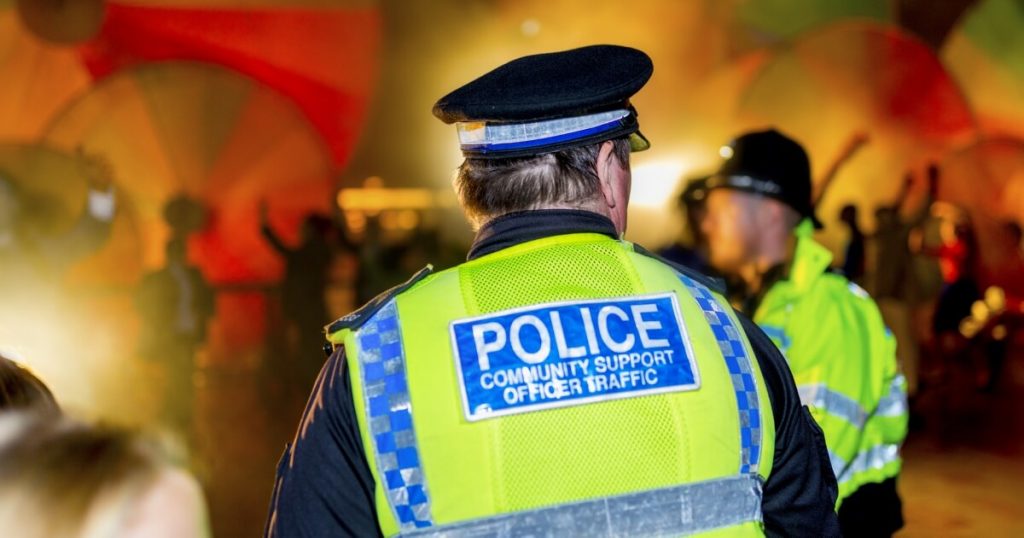
No matter your age, nor the type of music you listen to, there is probably a concert scheduled in Chicago this year that you would love to attend. When all goes well, an afternoon or evening spent at a concert or music festival creates happy memories you will treasure for years to come. Sometimes, however, things don’t go as planned and you end up in jail, charged with a criminal offense. To help ensure that your rights are protected if you find yourself in just such a situation, a Chicago criminal defense attorney explains what to do after being arrested at a concert.
Common Reasons for Being Arrested at a Festival or Concert
While it is certainly possible to find yourself under arrest for almost any criminal offense at a concert, there are several offenses that are commonly charged by law enforcement officials, including:
Possession of a Controlled Substance
Like most states, the State of Illinois classifies controlled substances into five schedules based on the risk of abuse and known medical use. If you find yourself facing a concert drug arrest, the severity level of the charges filed against you and the corresponding punishment you face will depend on the schedule and quantity of the substance involved. For example, possession of 20 grams of cocaine is a Class 1 felony, punishable by four to 15 years in prison whereas possession of 120 grams increases the potential term of incarceration to six to 30 years.
Possession of Marijuana
Illinois treats the possession of cannabis (marijuana) differently than possession of other drugs. The Cannabis Control Act governs possession of marijuana, presently making possession of 2.5 grams or less a Class C misdemeanor, punishable by up to 30 days in jail whereas possession of more than 2.5 grams but less than 10 grams is a Class B misdemeanor, punishable by up to six months in jail. A new law recently signed in Illinois will change these penalties though and make cannabis legal up to certain possession amounts.
 Distributing a Controlled Substance
Distributing a Controlled Substance
Not surprisingly, distribution (sale) of a controlled substance is viewed more seriously in Illinois. Consequently, the penalties are harsher for a conviction. For example, distribution of that same 20 grams of cocaine carries a potential penalty of six to 30 years in prison while distribution of 2.5 grams or less of marijuana is presently a Class B misdemeanor.
Disorderly Conduct
Disorderly conduct is defined as “acting in an unreasonable manner as to alarm or disturb others and to provoke a breach of the peace.” Typically, disorderly conduct is charged as a Class C misdemeanor, punishable by up to 30 days in jail, when related to conduct at a concert.
Underage Drinking
Some Illinois laws prohibit public intoxication and other prohibit minors from consuming alcohol at all. Consumption of alcohol by someone under 21 years old is a Class A misdemeanor, punishable by up to a year in jail and may cause you to lose your driving privileges.
Assault
Assault can be charged as a Class C or Class A misdemeanor while aggravated assault can be a Class 4 or Class 3 felony. As such, you could face anywhere from 30 days in jail to five years in prison, depending on the circumstances, who the victim is, and whether a weapon was involved.
Public Indecency
Exposing yourself in a lewd manner could result in an arrest for public indecency, a Class A misdemeanor, punishable by up to a year in jail and/or fines.
Contact a Chicago Criminal Defense Attorney Today
If an afternoon at a festival or a night out to a concert turned into an arrest, it is in your best interest to consult with an experienced criminal defense attorney as soon as possible. Contact an experienced Chicago criminal defense attorney at Mitchell S. Sexner & Associates LLC today by calling (312) 644-0444 or by filling out our online contact form.
This blog is available for informational purposes only and is not considered legal advice on any subject matter. The blog should not be used as a substitute for legal advice from a licensed professional attorney, and readers are urged to consult their own legal counsel on specific legal questions.


 Distributing a Controlled Substance
Distributing a Controlled Substance